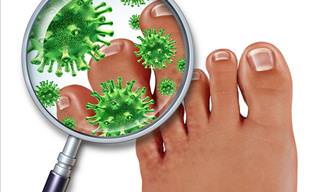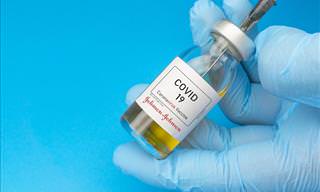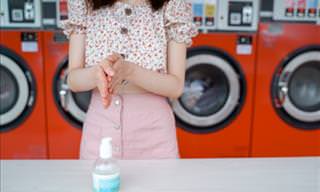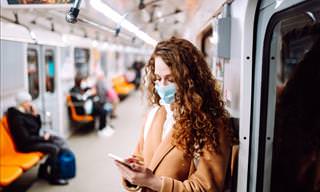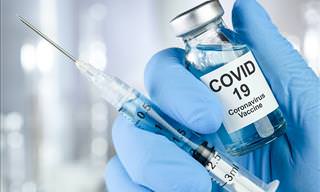Ever since the coronavirus pandemic began, we've all been following the safety advice of infectious disease experts in an attempt to protect ourselves and our loved ones from the virus. While masking up and maintaining hand hygiene remain as important as last year, experts now say that we can lighten up by cleaning hard surfaces in our home.
The Centers for Disease Control and Prevention (CDC) has recently revealed that SARS-CoV-2, the virus that causes COVID-19, doesn’t appear to live as long on surfaces as was initially suspected. “Based on available epidemiological data and studies of environmental transmission factors, surface transmission is not the main route by which SARS-CoV-2 spreads, and the risk is considered to be low,” the CDC wrote in their findings.
What do these findings mean?
This is great news, and it means that the risk of surface transmission remains low (although still feasible) in most settings. So, we can all relax a little on sanitizing surfaces and disinfecting items like groceries, countertops, and door handles. Ever since the pandemic began, most of us have been spending a lot of time and energy on disinfecting every part of the house. While being cautious is important, going overboard doesn't serve any purpose.
“Disinfection is only recommended in indoor settings, schools, and homes where there has been a suspected or confirmed case of COVID-19 within the last 24 hours,” says the CDC director Dr. Rochelle Walensky. So, unless any of these categories fit your case, you can ease up on disinfecting every part of your house every day.
This doesn’t mean, however, that you should lower your guard completely. We should and must continue to be vigilant against the coronavirus and try and maintain all hygiene practices. Even if you lighten up on cleaning all the surfaces of your home, you should continue practicing hand hygiene.
Hand washing is still the best way to eliminate any possible chance of contamination from surfaces. So, wash your hands with soap and water frequently, and use hand sanitizer gels and wipes when out in public. Also, avoid touching common surfaces when you are out, and refrain from putting your fingers in your mouth or rubbing your eyes.
What items should you continue cleaning?
While the recent study shows us that the risk of COVID-19 transmission through contaminated surfaces is low, experts recommend that high-traffic areas in the home should still be cleaned once a day; particularly if you have several family members in your house. Businesspersons and those who work in office environments should be particular about sanitizing high-touch surfaces, such as doorknobs, light switches, handles, stair rails, elevator buttons, desks, keyboards, shopping carts, phones, and sinks.
You don’t need to invest in a disinfectant spray to clean these surfaces. Using soap and water or dish detergent, without disinfecting them, is sufficient enough to kill the virus when you have no people with confirmed or suspected COVID-19 in your living space.
“Cleaning with products containing soap or detergent reduces germs on surfaces by removing contaminants and may also weaken or damage some of the virus particles, which decreases the risk of infection from surfaces,” the CDC has said recently.
These little findings, as the pandemic continues to rage on, will not just help reduce our stress a little, but they will also help us make our way back to a normal life.
Share this article with your friends and family...
 Go to BabaMail
Go to BabaMail





































